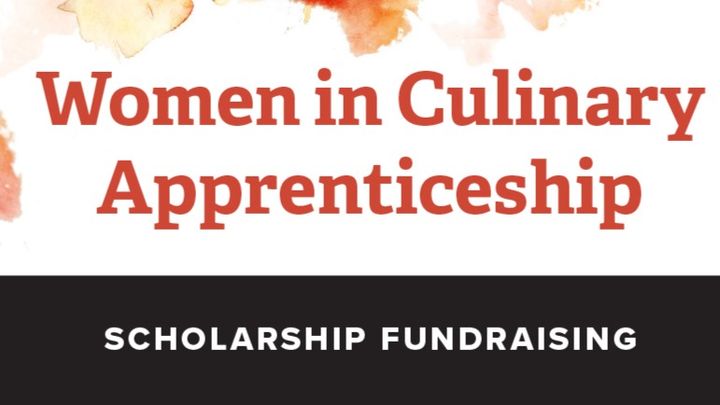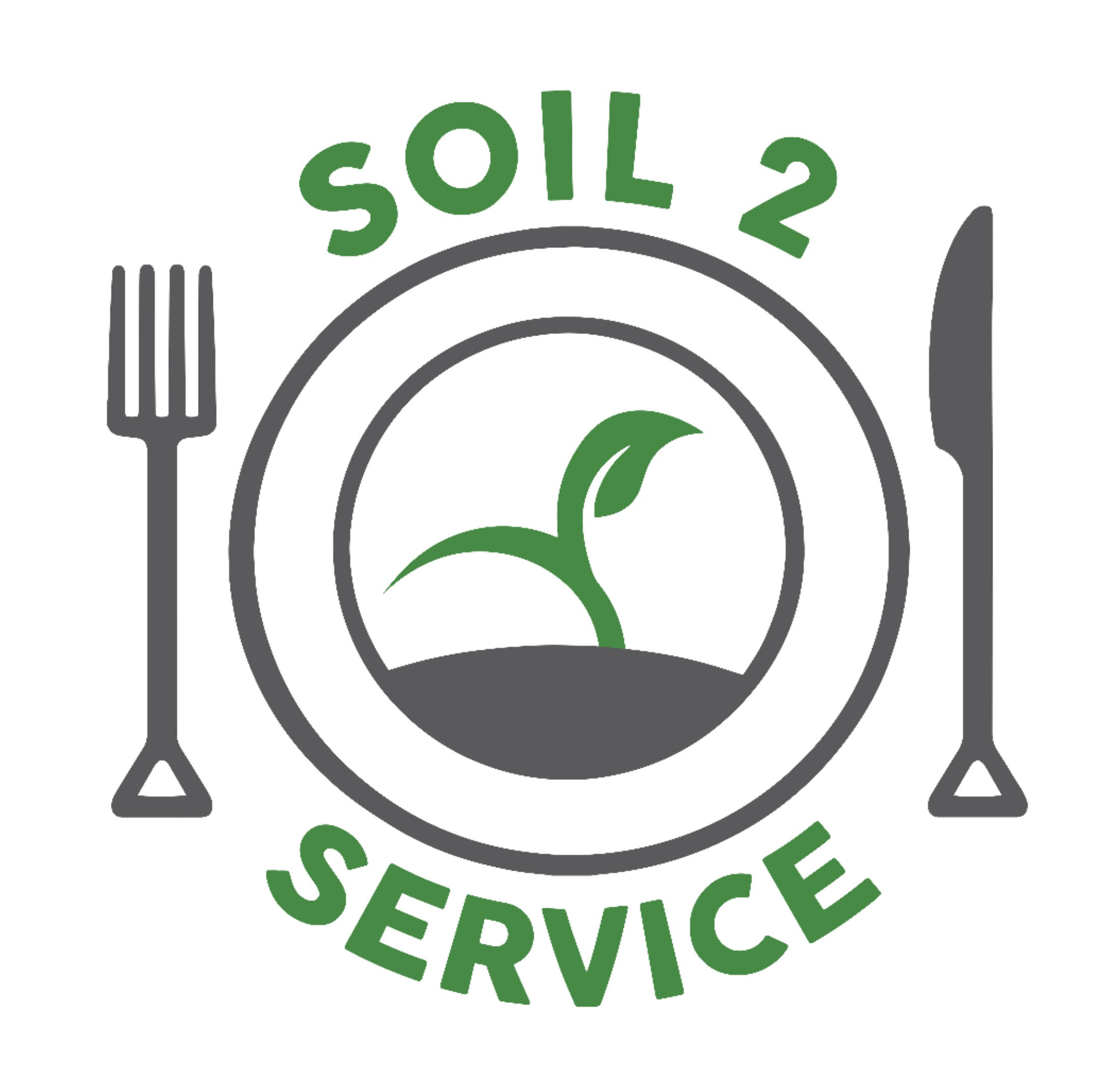Jeremy Abbey is fundraising

Women in Culinary Apprenticeship
Research shows that businesses with women in leadership roles and a diverse workforce perform better economically with higher productivity and increased attention to detail. Though there has been progress toward increasing gender diversity in many industries, the culinary arts industry still lags. In 2021, women made up only 25% of cooks and chefs in the United States.
Soil2Service and Detroit Institute of Gastronomy (DIG) believe that through apprentice education, students can learn the skills needed to lead the culinary industry. Through this tuition scholarship, we hope to help reduce the gender gap in professional kitchens.
The culinary industry has traditionally been very male-dominated, with many food service operations developing a “macho” environment that creates a too familiar barrier for women to succeed. Add in the industry's fluctuating work schedules and long hours, and women often feel stressed, questioning if they fit in. The result is that talented woman cooks find it impossible to advance in the industry and abandon their dreams of running or owning a food service business.
Students rely on college culinary schools to teach them how to work in a professional kitchen. Traditional culinary school methodologies are disconnected from the industry and only produce a graduate that knows the fundamentals and some “lab-based” practical experiences. The graduate still lacks a proper understanding of working in the industry and applying what they have been taught. Learning in a “school kitchen” is far different than working in the sector cooking for customers, meeting deadlines and following strict budgets. Couple this with the persistent gender barriers, and women are leaving the industry.
Detroit Institute of Gastronomy (DIG) was founded to deliver an excellent education while solving traditional culinary school education's frustrating career readiness problems. With the support of the industry through an active advisory board and experienced administration and staff, the Culinary Apprentices Programs offered at DIG, coupled with the support system, are working to develop graduate students that remain and grow in the culinary industry.
Why Apprenticeship with DIG’s Nationally Registered Hybrid Program?
Apprenticeship is a recipe for success in breaking down barriers. Through apprenticeship education, the apprentice has a workplace mentor to guide the paid on-the-job skills training. With DIG, the apprentice receives tools of the trade, faculty-led courses, and built-in certifications to grow into a chef and leader. This model of education has a proven track record of building personal confidence, knowledge and skills leading to a successful career.
DIG offers a dynamic culinary arts apprenticeship education that reduces common industry barriers by providing a safe educational environment combining on-the-job skill development with innovative academics:
• Quality– Pre-registered and verified places of employment safeguard the fair and equitable treatment of all apprentices in the kitchen.
• Safety - All mentors, students and faculty are required to prove anti-harassment training to be affiliated with DIG.
• Personal Attention – The mentor and the faculty work with each student to develop their skills and knowledge.
• Connected – Continuous employment and simultaneous academic theory builds a culinary foundation based on reality and is ready to be implemented.
• Aligned - All academics represent and exceed current industry standards.
• Income - As part of a registered apprenticeship program, the apprentice is a paid employee of an operational restaurant or food service provider.
• Diversity – DIG is designed to reflect the communities through strong non-discrimination, anti-harassment, and recruitment practices focused on access, equity, and inclusion.
• Credentials – Apprentices earn multiple, nationally-recognized credentials within their industry.
How you can help
The entire team at DIG is working to help students overcome the obstacles from enrollment to graduation. Since 2018, when our recruitment process started, we have gathered over 1200 inquiries into the apprenticeship program. Many have started the application process, but the financial hurdle of tuition prevents them from achieving their goals of culinary education.
Currently, multiple women applicants have begun the process and are halted by the financial barriers of education. While student apprentices are hired as employees and earn a paycheck with DIG places of employment, the increase in the cost of living may prevent students from investing in themselves through education. As a non-profit school, we have developed and continue to work to keep the cost of the programs as low as possible.
STATS:
- 2012 – 41% of culinary school graduates were women.
- 2016 – 36% of culinary school graduates were women.
- 2020 – 58% of culinary school graduates were women.
The question to ask ourselves:
- “Why are only 20% of executive chefs in the United States women?”
- U.S. Bureau of Labor Statistics - The employment of chefs and head cooks is projected to grow 15 percent from 2021 to 2031, faster than the average for all occupations.
- Graduates of DIG can earn seven credentials leading to the Certified Sous Chef.
- 93% of apprentices who complete a Registered Apprenticeship retain employment.
- Apprentices are fully enrolled in online, faculty-led, asynchronous courses
- DIG is a SOM Licensed post-secondary education provider
- Women comprise only 15% of the total registered apprentices
- S
- K
- A
16 supporters
